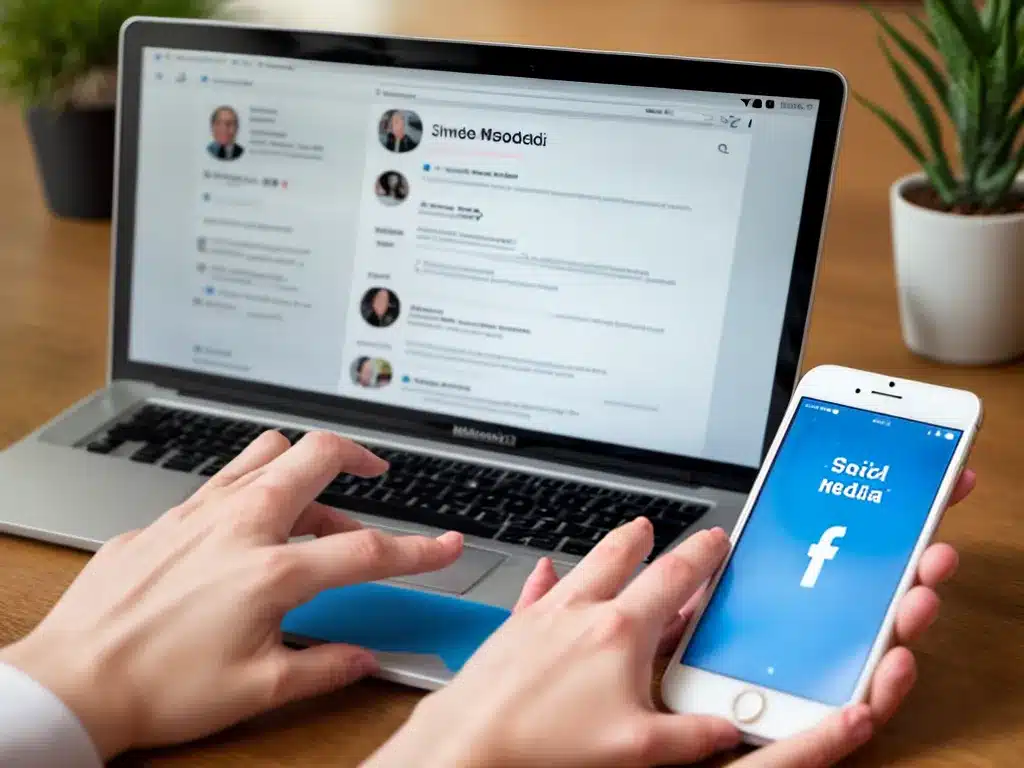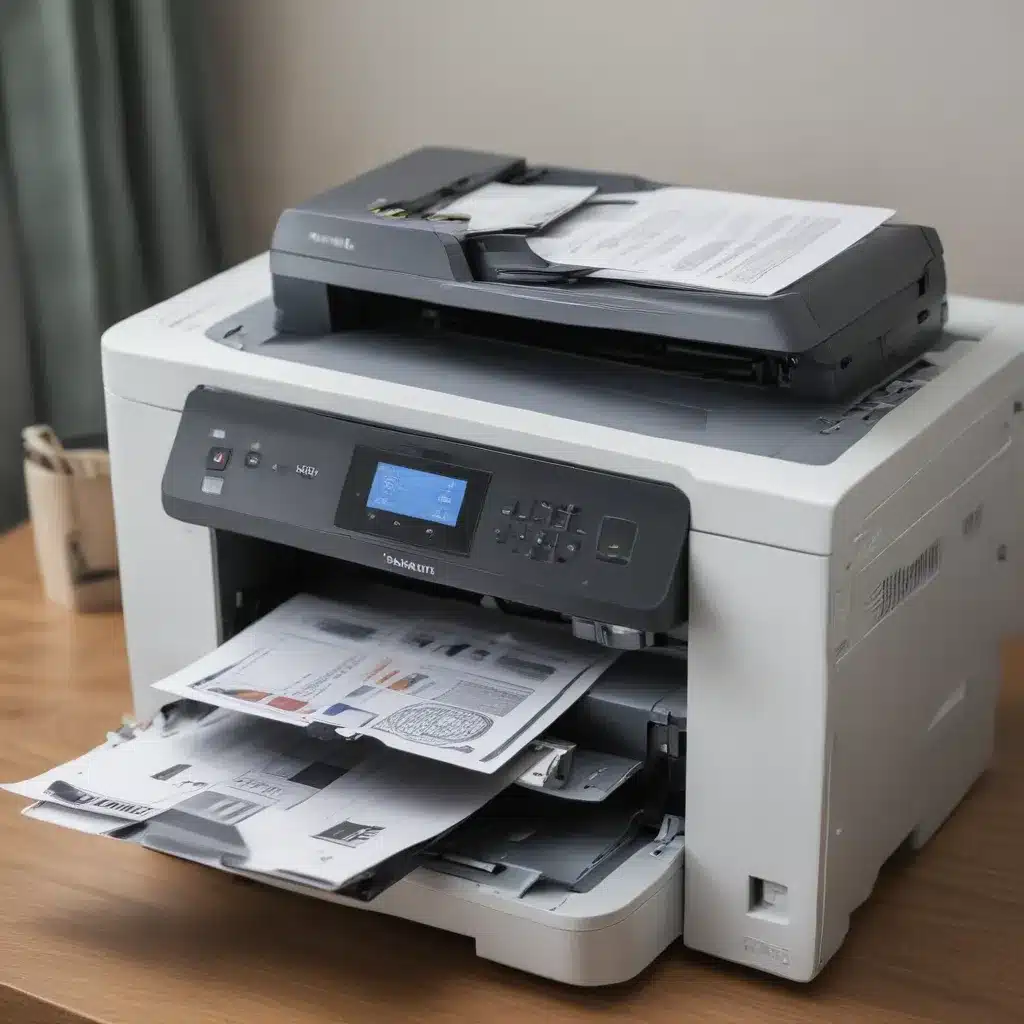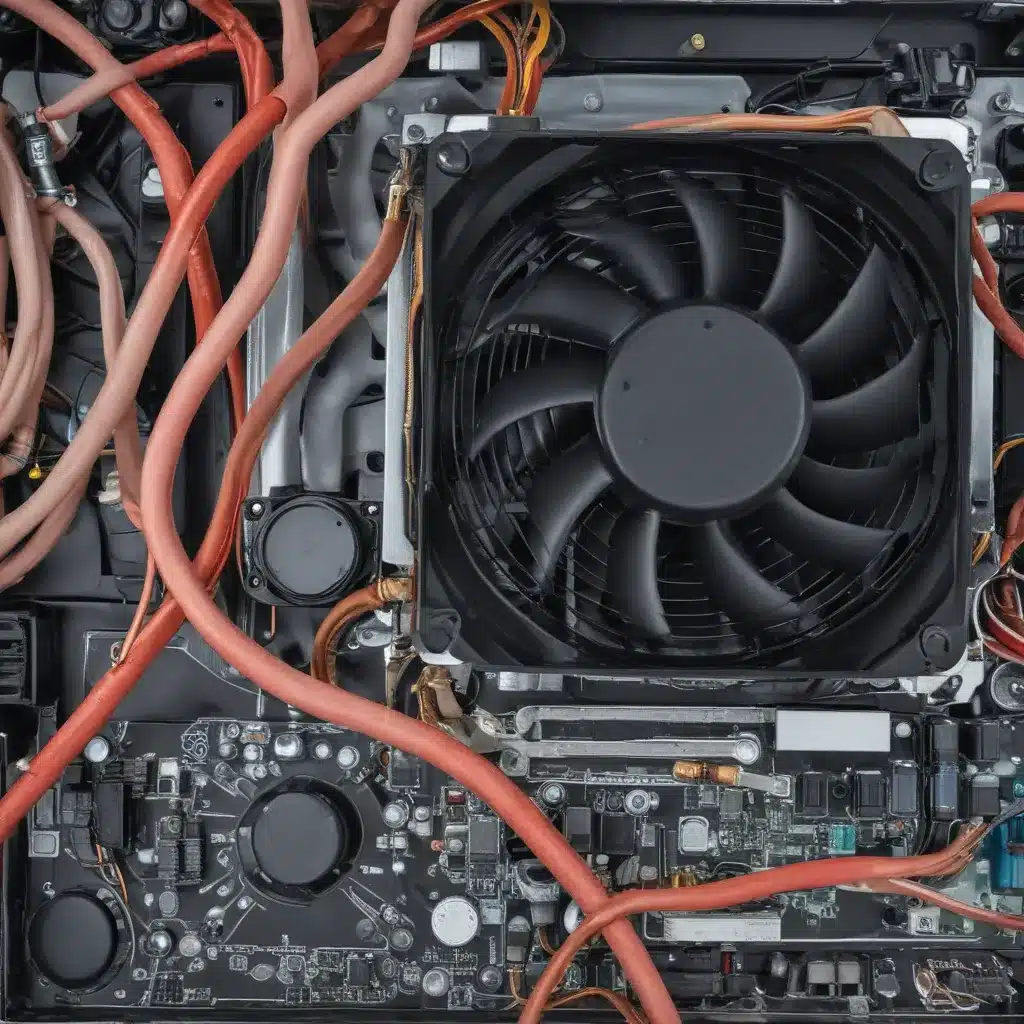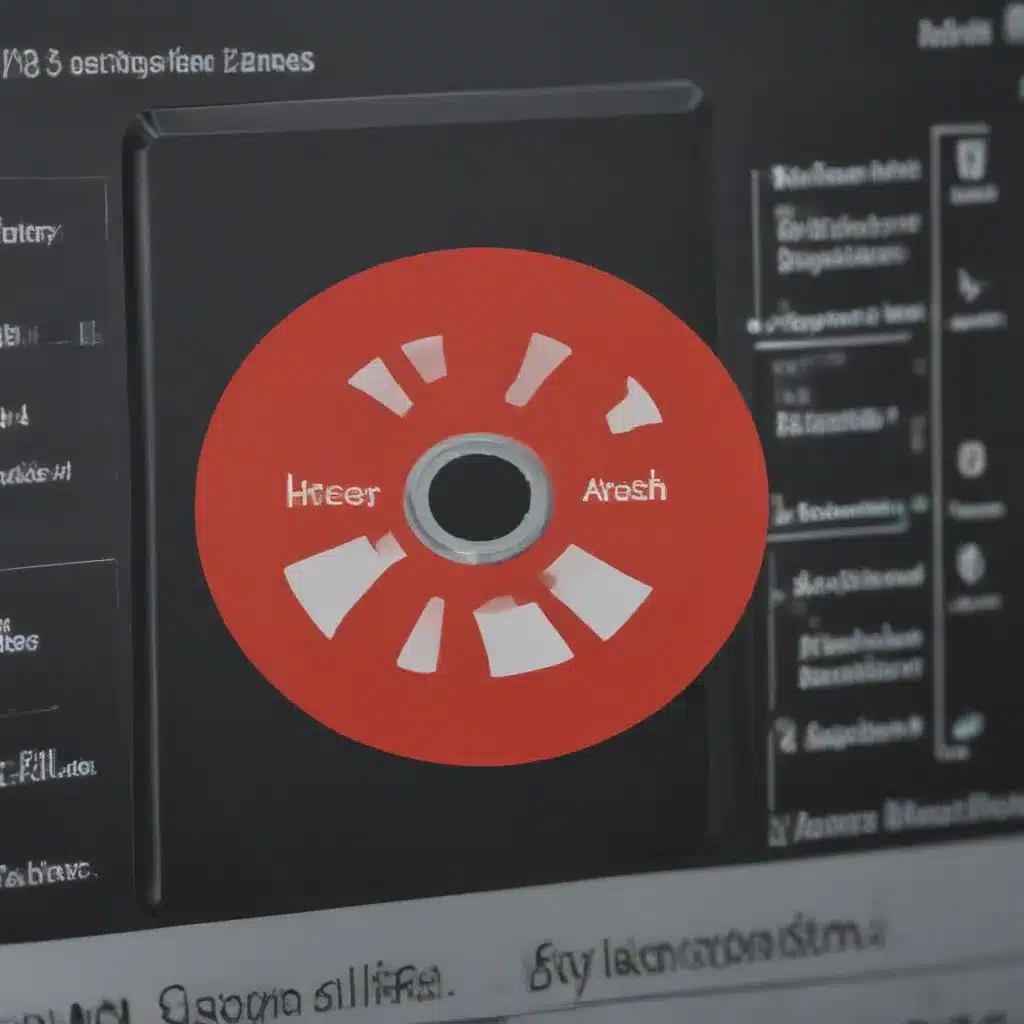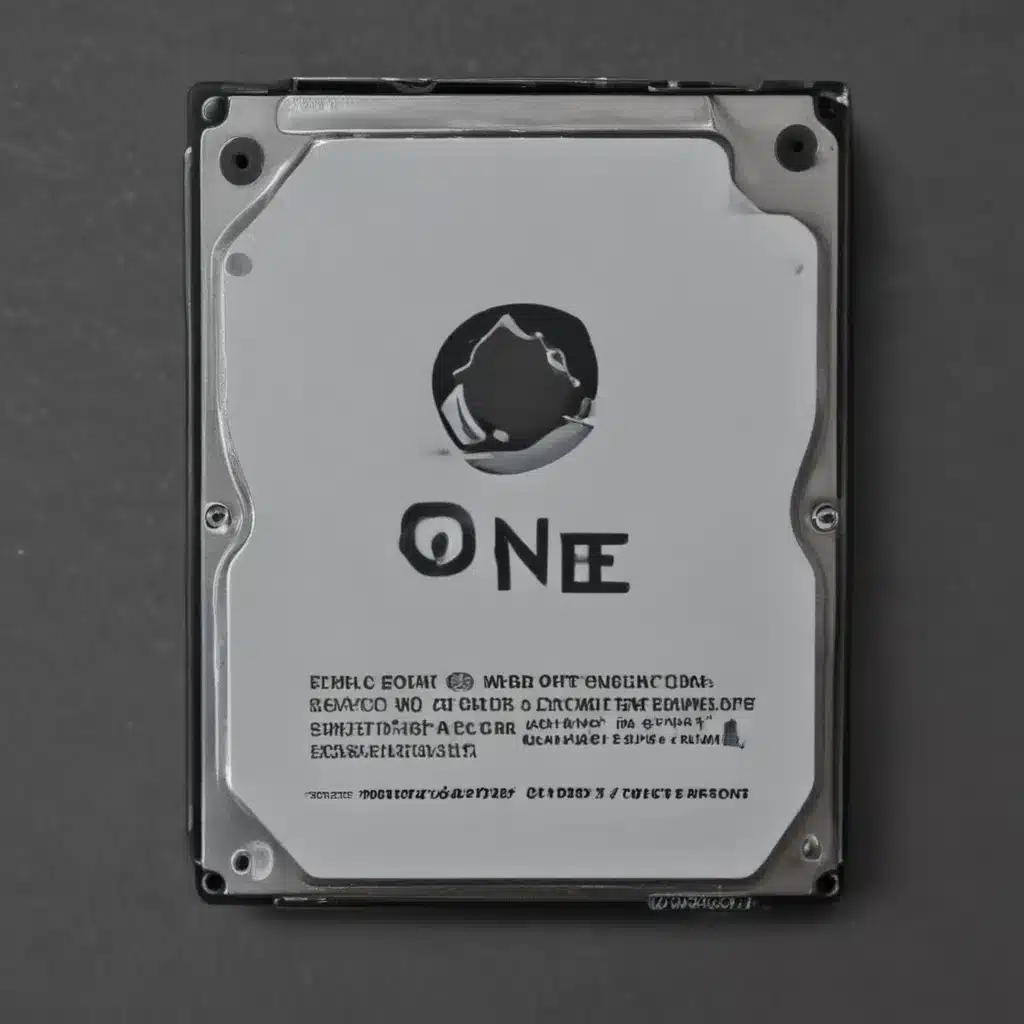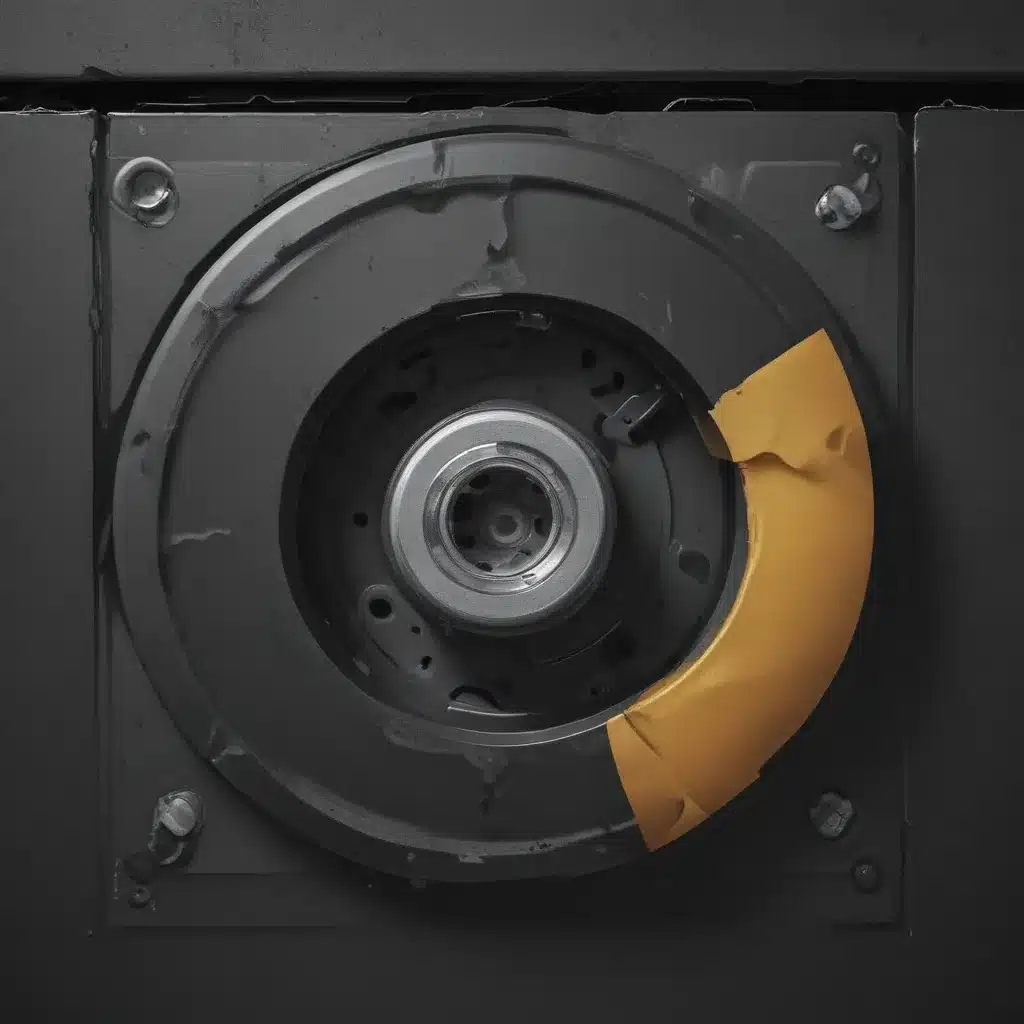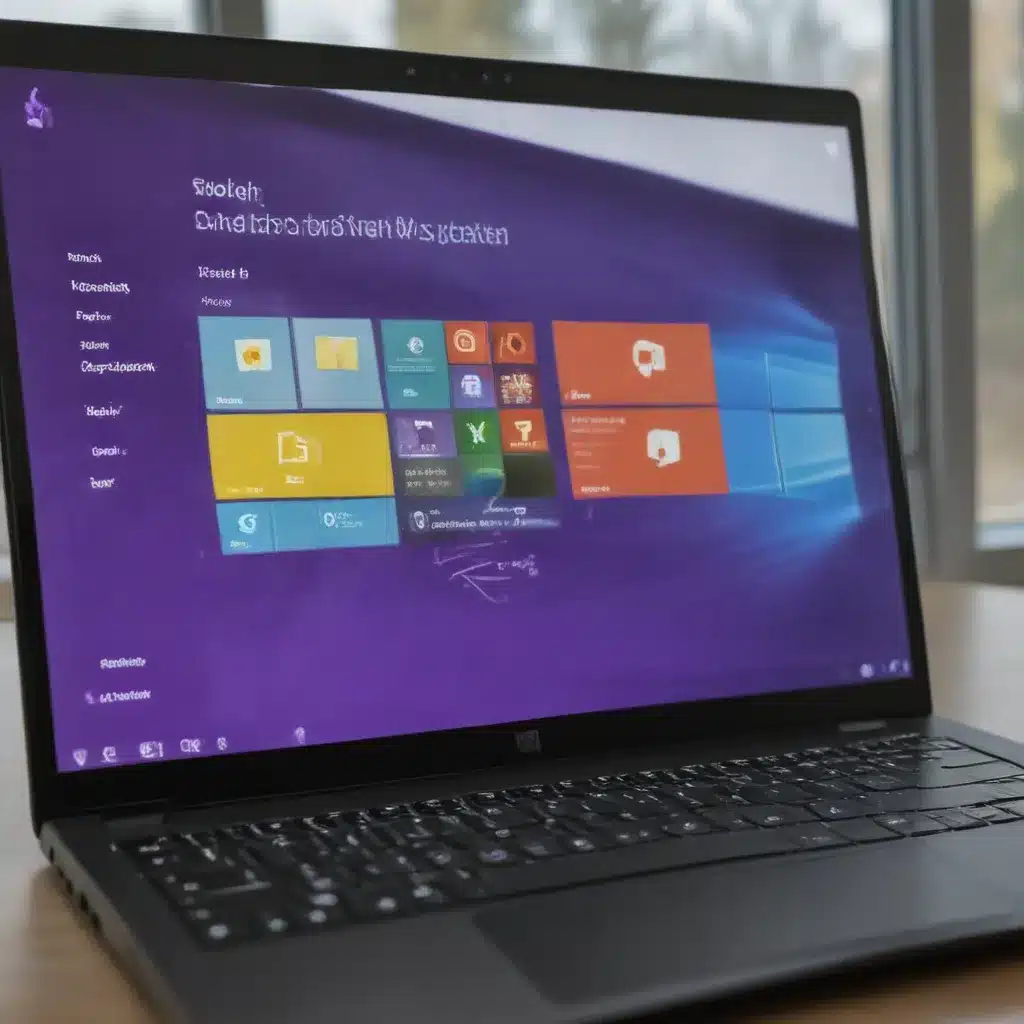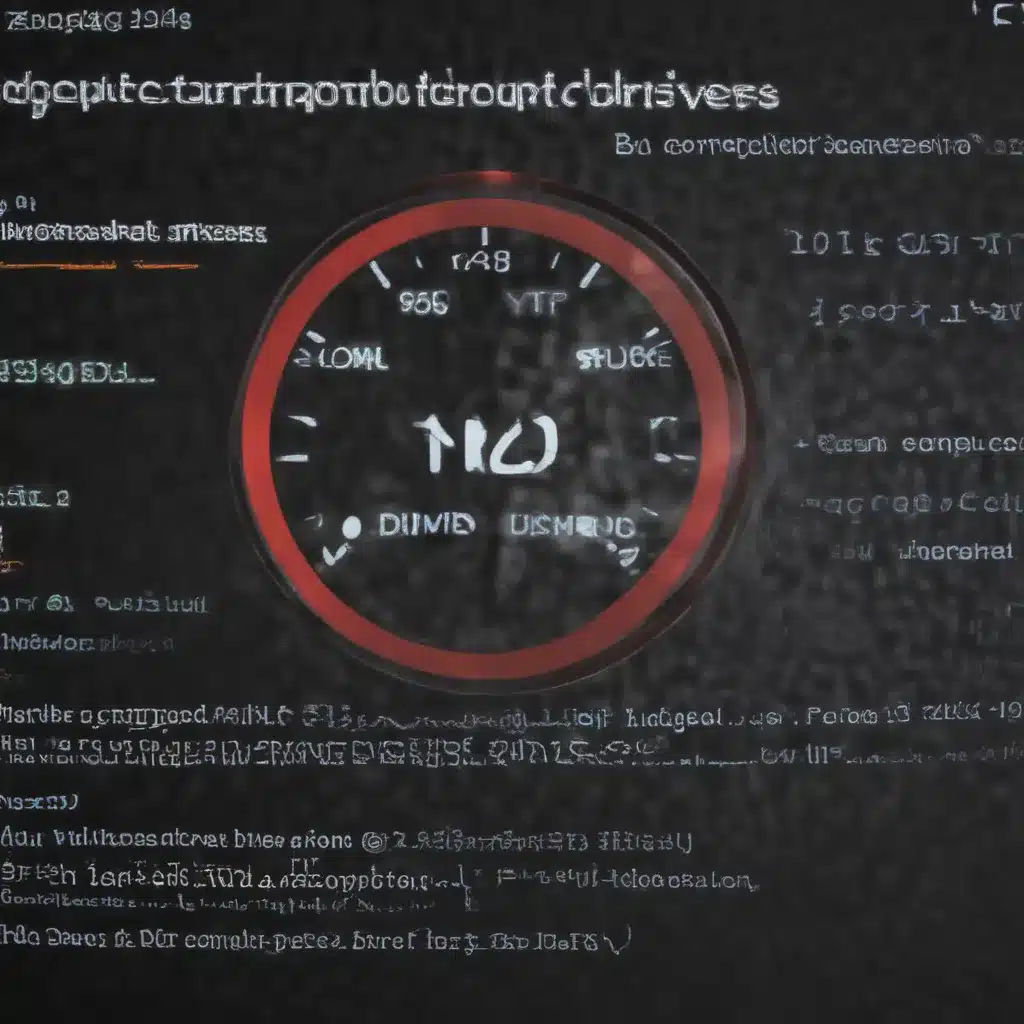Introduction
In recent years, social media has become an integral part of our lives. Platforms like Facebook, Twitter, Instagram, and TikTok allow us to stay connected with friends, share life updates, and consume endless content. However, constant connectivity can take a toll. Social media overload is becoming increasingly common, with many people feeling overwhelmed by the demands of social platforms. This is where a digital detox can help – taking a break from technology to recharge. A digital detox allows you to reduce stress, improve your focus, and evaluate your social media habits.
Signs You May Need A Digital Detox
How do you know if you need to take a break from social media? Here are some common signs of social media overload:
- You find yourself mindlessly scrolling through apps whenever you have a spare moment.
- You lose track of time while browsing social platforms. Hours can pass before you know it.
- You have trouble focusing on tasks without checking notifications.
- Your sleep is disrupted by late night social media use.
- Social media triggers negative emotions like stress, anxiety, FOMO (fear of missing out), or jealousy.
- You feel pressure to post content and keep up with others’ updates.
- You obsessively check for likes and validation on your posts.
- Your relationships suffer due to lack of presence and constant distraction.
If these behaviors ring true, a digital detox may provide some much needed relief for your mind and improve your quality of life.
Preparing For a Digital Detox
Taking a complete break from technology is difficult in our hyperconnected world. With some preparation, you can set yourself up for a successful, refreshing detox. Here are some tips:
Start with a realistic timeline
Don’t overwhelm yourself. If going completely offline gives you anxiety, start with a short break and build up from there. A 24 hour, weekend or one week detox is manageable for beginners.
Identify your goals
What do you hope to achieve? Improved focus? Less stress? Better sleep? Identifying goals keeps you motivated.
Choose your detox activities
Plan activities to replace social media time like reading, hiking, meditating, catching up with friends, etc. This prevents boredom which can trigger backsliding.
Avoid triggers
Delete apps from your phone and remove bookmarks on your computer to resist mindlessly reopening apps. Ask someone to change your social media passwords too.
Inform friends and family
Let loved ones know you’ll be offline so they understand if you’re less responsive. Ask them not to contact you via social media except for emergencies.
Notice addiction triggers
Reflect on when you instinctively reach for your phone. Is it during downtime, as a procrastination tactic, or to avoid discomfort? Awareness helps break habits.
With the right mindset and strategies, you can successfully unplug.
Benefits of Taking a Digital Detox
Once you take an extended break from technology, you’ll likely enjoy both mental and physical benefits. Here are some of the top reasons to give digital detoxing a try:
Reduced anxiety and stress
Multiple studies show that social media usage can negatively impact mental health and wellbeing. Unplugging can lower cortisol levels linked to anxiety and stress.
Improved focus and productivity
Away from distractions, you may gain clarity on priorities and concentrate deeply on meaningful tasks. Your ability to stay focused likely increases.
More quality sleep
Blue light from screens negatively affects sleep cycles. Avoiding technology before bed can help you fall asleep faster, sleep more soundly and wake more refreshed.
Increased free time
You’ll gain extra hours in your day to pursue hobbies and activities you enjoy, or simply relax. Social media steals a lot of potentially rewarding free time.
Healthier relationships
Time away from social media lets you be fully present with loved ones. In-person connections improve without constant distractions.
Fresh perspective
Stepping back provides an opportunity to reflect on how much value social media actually adds to your life. You may decide to change habits going forward.
While not easy at first, these wins make powering down worthwhile.
Making the Most of Your Digital Detox
To successfully refresh both your mind and outlook, focus on the following during your technology break:
Minimize idle time
Structure your days with activities to avoid boredom leading you back to your phone out of habit. Go for nature walks, read books, journal or meditate.
Connect with friends and family
Plan in-person activities like game nights, home cooked dinners or outdoor adventures. Foster relationships away from screens.
Try new hobbies and interests
Challenge yourself by learning something new, like an instrument, language, craft or sport. See where your creativity takes you.
Reflect on changes you’d like to make
Use spare moments to contemplate your tech habits. What changes seem beneficial for your wellbeing?
Appreciate the offline world
Savor activities you may have neglected like cooking, having a lively conversation, stargazing or playing with pets. Find joy away from screens.
By staying occupied, connecting with loved ones, and reflecting, your digital detox will feel both productive and enlightening.
Sticking with Healthy Tech Habits
While temporary detoxes provide a reset, it’s just as important to implement ongoing healthy tech habits. Here are some ways to apply what you learned during your detox:
-
Take periodic one day breaks from technology as maintenance digital detoxes. This prevents overload.
-
Set a consistent bedtime for phone use so late night scrolling doesn’t cost you sleep. Charge devices outside your bedroom.
-
Delete distracting apps you don’t find valuable, or consolidate them into a single folder. Reduce mindless clicking.
-
When with friends and family, put your phone away to remain fully engaged. Be present.
-
At day’s end, reflect on how much value social media added and how it impacted your mood. Strive for intentional use.
-
Make time for offline hobbies that fulfill you. Prioritize real-world activities.
-
Use website blockers to limit time on sites that suck you in. Stay focused on what matters.
A digital detox provides perspective. By applying what you learn, you can use technology mindfully and live with intention.
Conclusion
While social media keeps us connected in profound ways, it also risks dominating our attention, harming our wellbeing, and preventing us from living purposefully. If you relate to signs of social media overload, try a digital detox. Unplugging provides respite for the mind, inspires reflection, and reveals ways to live more intentionally day-to-day. With some discipline and planning, you can benefit greatly from taking a break and forging healthier digital habits. A digital detox can provide much-needed perspective in our technology-driven world.

